On the Dragon Boat Festival
Text: Liu Dongli
Translation: Sam Bowden
On the Dragon Boat Festival
Text: Liu Dongli
Translation: Sam Bowden
May the fi fth
Dragon Boat Festival; mugwort on the door
perfuming the house; sticky rice dumplings
sprinkle on the sugar; merrily, dragon boats go into the water.
The Dragon Boat Festival, also called Duanwu Festival, is celebrated on the fifth day of the fifth month of the lunar calendar.
There are many different versions of the origin of the Dragon Boat Festival. Among them, the most well known one is in the commemoration of the death of Qu Yuan, an upright and honest statesman in ancient China.
The Qin army breached the Chu capital in 278 BCE. Qu Yuan seeing his motherland invaded was devastated. On May 5th, after writing his fi nal piece, “Embracing Sand,” he threw himself, clasping a giant bolder, into the Miluo River and died.
Legend has it that after Qu Yuan died the people of Chu where extremely grief stricken, coming one after another to the Miluo River to pay their respects, rowing boats back and forth across the river in hope of recovering his body. In order to stop the fi sh, crabs and cray fi sh from eating his corpse people chucked rice balls, eggs and other foodstuffs into the river.
Hereafter, annual dragon boat races, the eating of sticky rice dumplings and other customs, on May fi fth of the lunar calendar, came into being to commemorate this patriot and poet who is Qu Yuan.
Dragon Boat Festival: Eatings
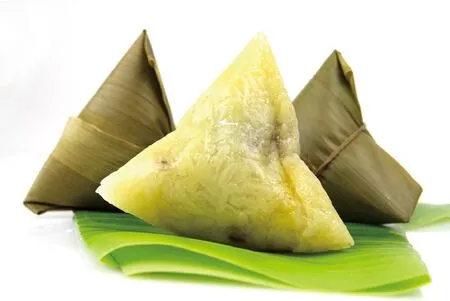
Sticky Rice Dumplings
Glutinous rice is fi rst wrapped in bamboo leaves and then steamed to make sticky rice dumplings. Up till now, on every lunar May of every year people will soak glutinous rice, wash bamboo leaves and then wrap them into sticky rice dumplings. Sticky rice dumplings come in a variety of kinds, just considering the fi lling alone: the north has Beijing’s jujube sticky rice dumpling fi lled with Chinese dates and in the south they have red bean paste, fresh meat, eight-treasure, ham, egg yolk and many different other fl avored sticky rice dumplings.
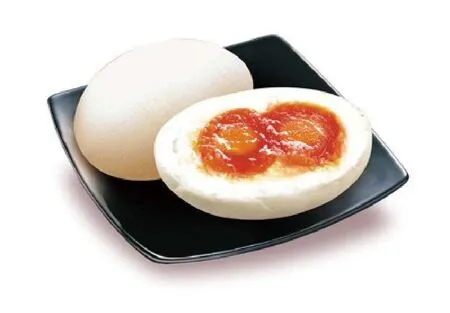
Salted Duck Eggs
In the past, lunar May was referred to as the “toxic month,” and the “evil month,” where plague and ulcers infested and spread. The day of Dragon Boat Festival was considered to be even more deadly. Eggs, resembling hearts by their shape, are thought to boost the heart’s vitality, stopping it from incurring any deficiencies.
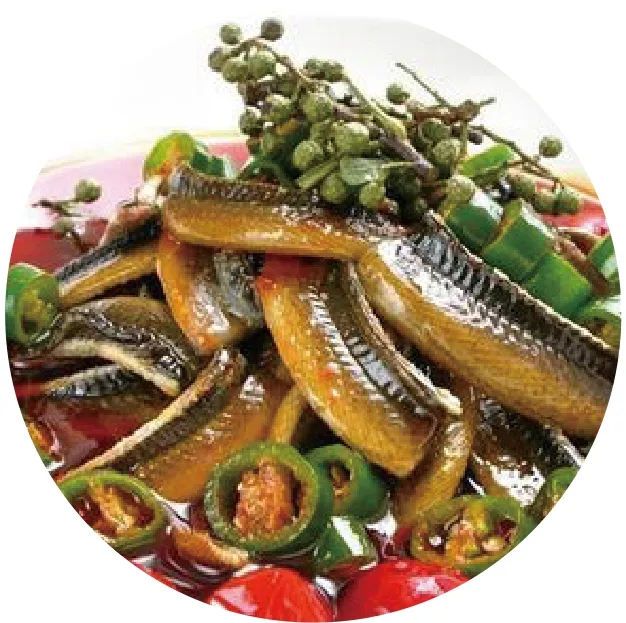
Asian Swamp Eel
Eel is at its most tender and nutritious around the time of the Dragon Boat Festival. Thus giving rise to the proverb: “Dragon Boat eel gives ginseng a run for its money.”
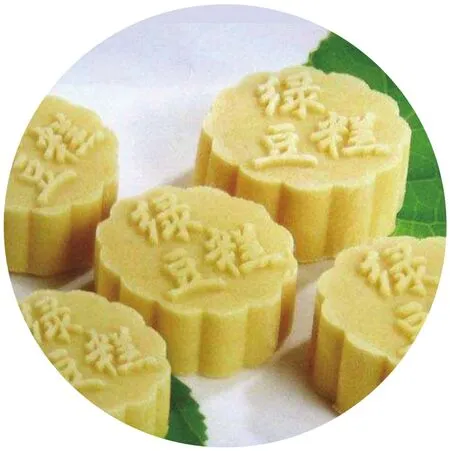
Mung Bean Cake
According to Chinese medicine, yang qi, out of the entire four seasons of the year, is at its most plentiful during Dragon Boat Festival. During this period people’s emotions grow comparatively unstable, becoming greatly aggravated and anxious. Mung bean is sweet and cool, having the effect of detoxifying the body and relieving any internal heat. Mung bean cake is spongy and can alleviate any negativity brought on by overabundance of yang qi.
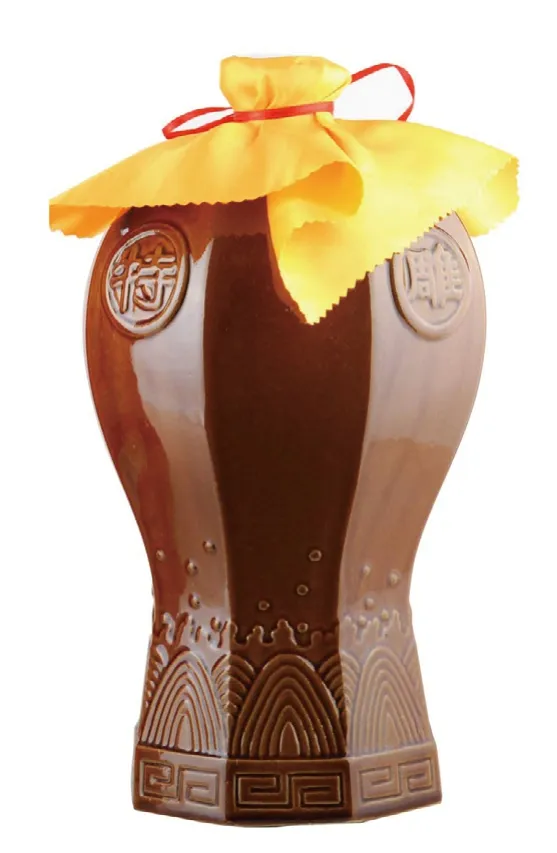
Rice Wine
On the day of Dragon Boat Festival, realgar is mixed into liquor for everyone to drink. People, also, will rub the realgar liquor on the ears, noses, foreheads, hands, feet, etc. of children hoping to ward off any injuries from snakes and insects.
Dragon Boat Festival: Accessories
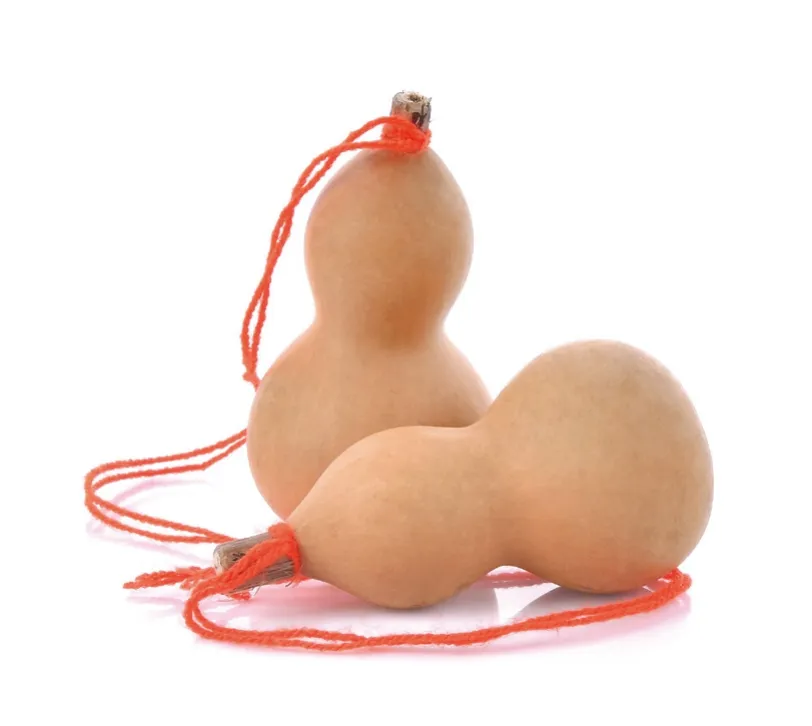
Gourd
It has been a tradition throughout the centuries to wear a bottle gourd during Dragon Boat Festival. Both children and adults alike will wear the gourd not only to keep away the spirits and sickness but also adorn their lapels. These traditional Chinese bottle gourds, when worn, allude to good fortune and happiness, the tranquilization of disharmony and strengthening of the aura of one’s destined blessings.
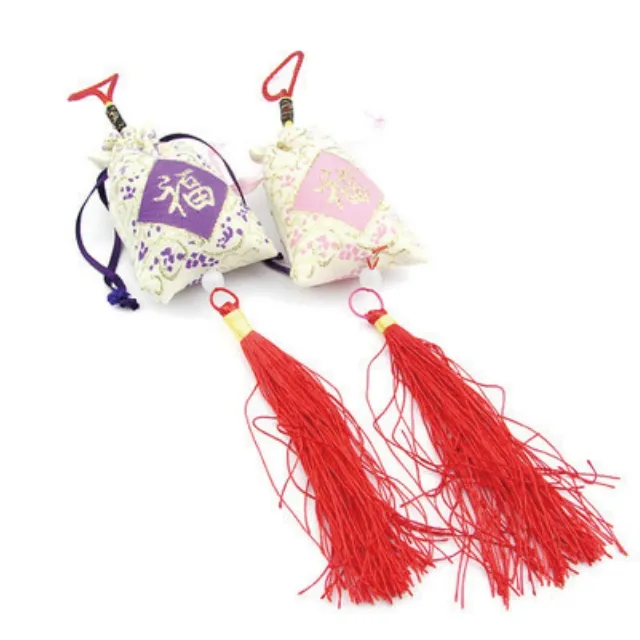
Scent Sachet
Kids will wear a scent sachet during Dragon Boat Festival, it has been said that it can ward off demons and pestilence. A scent sachet made from a mixture of many different medicinal plants can also prevent diseases.

Five-Colored String
The ancient Chinese worshiped the “five colors,” even considering them to be the “l(fā)ucky color.” Thus, on the particular day, early in the morning, the fi rst thing adults will do after getting up is to tie these fi ve-colored strings on the wrists, ankles and necks of the children in their family.
Dragon Boat Festival: Decorations
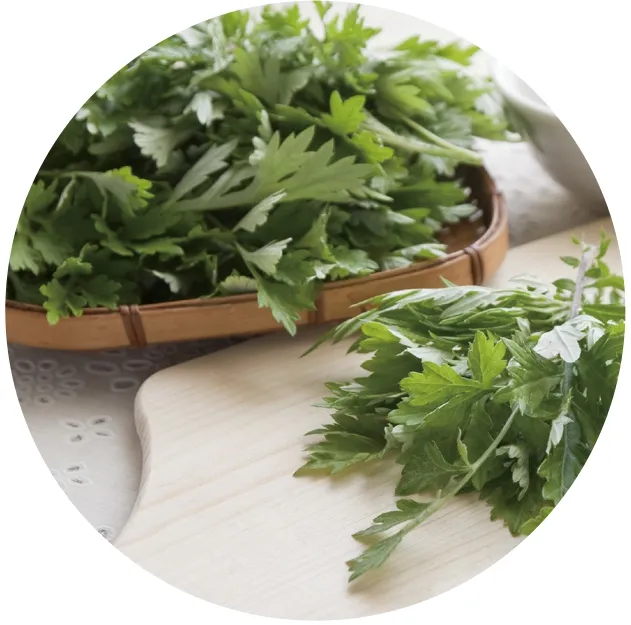
Mugwort
Mugwort is one kind of medicinal herb that can prevent illnesses and diseases, and it is hung mainly on people’s front doors to invite blessings, happiness and good health to the homeowners.
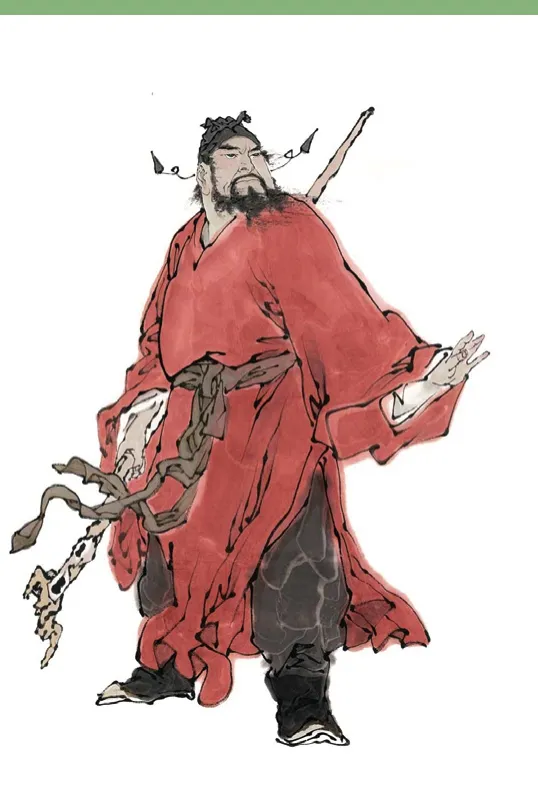
Portrait of Zhong Kui
In ancient China, Zhong Kui was known as “the exorcist,” hanging his image at home can ward off evil spirits.

